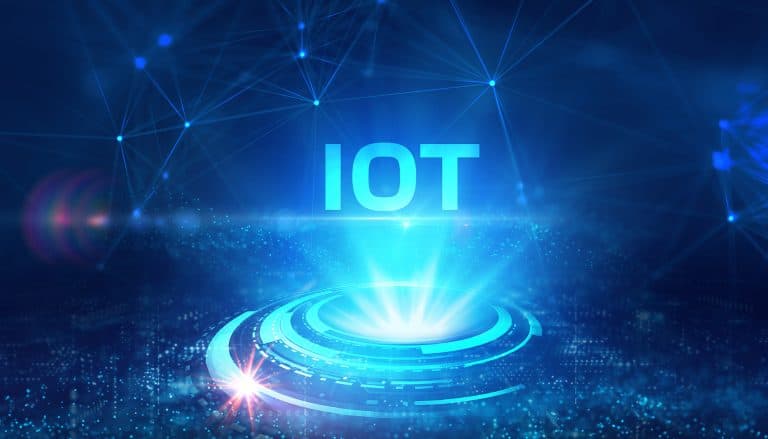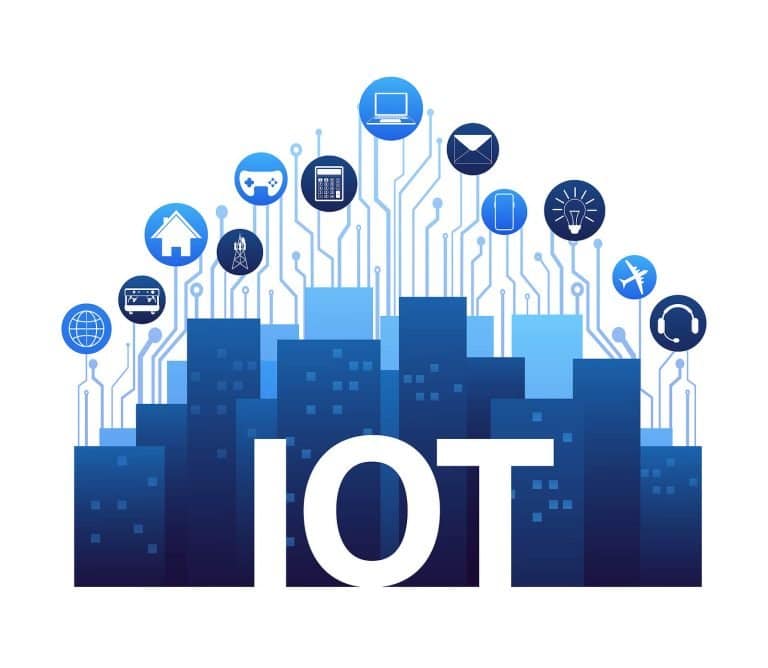Learn about IoT applications in mobile development, and how they are affecting the future in this primer.
Mobile apps have penetrated every walk of life now. No wonder apps are also playing a crucial role for businesses. Thanks to mobile apps, connecting customers and getting feedback from them have become easier.
The mobile app revolutionized access to businesses, ensuring improved services and increased profitability. The Internet of Things (IoT) can lead to the connected reality of gadgets and apps, leading to new ways of business interactions. The IoT apps benefit a whole array of business niches ranging from retail, healthcare, manufacturing, automobile, agriculture, supply chain and logistics, and more.
Let us try to understand how the Internet of Things (IoT) is positively influencing the future of mobile app development.
Open Source Development
Open source development remains to be one of the critical trends for IoT apps in 2021. Thanks to the open-source app development, the mobile app design process, underlying code, and programs are being shared more often. The IoT development programs integrated with modern frameworks are continuing to help developers to create IoT apps with more ease.
Open-source app development is also prevalent because of the transparency it ensures in the app development process. The open-source development has helped businesses and developers enjoy the power of more cooperation for building high-end apps.
Enhanced Connectivity
Thanks to a range of internet-connected gadgets and sensors, enhanced communication gave birth to a whole new connected reality. This interconnected reality of gadgets found the mobile IoT apps at the very center of the entire ecosystem and network of communication. App developers, thanks to the connected reality offered by IoT, help facilitate seamless interactions.
Enhanced Scope for Hybrid Development
The so-called native mobile apps are built to work on a specific OS platform not suitable or appropriate for ensuring wide-open access to IoT gadgets. This is where hybrid apps with their enhanced capability to incorporate native user experience appear more effective than ever before.
The introduction of several advanced frameworks and component-based modular architecture helped foster hybrid IoT app development growth. On the other hand, the cross-platform frameworks that use the maximum portion of the core codebase across the platforms helped bring more native platform-specific user experience on the board.
Lastly, the proliferation of this hybrid and cross-platform development approach with IoT projects helped many businesses across the niches and sizes to develop connected platforms for obtaining data-driven insights on their customers through multiple devices. If native development took all the limelight previously, the focus is returned on hybrid and cross-platform development thanks to IoT.
Increased Customization
This is another area that calls for enhanced customization through apps. The app development firms have to ensure an increased number of options, winning customers’ trust more quickly. Fortunately, IoT apps offering a lot of custom controls and new operative features and functionalities can ensure optimum customization.
The IoT apps equipped with all the state-of-the-art features and functionalities can help customers make more meaningful user interactions than ever before. This futuristic app development ensures developers stay ahead of the competition. Because of their ability to allow custom interactions, the innovative IoT Apps help a business brand gain a competitive edge.
Cloud Support
The changes in IT infrastructure happen to be a key part of the undergoing automation revolution in business premises. The enhanced adoption of IoT apps across all devices and environments has pushed for major changes in the IT infrastructure. Business automation led by IoT devices cannot be possible without cloud hosting, cloud storage, and cloud computing support.
Cloud platforms play a significant role in the proliferation of IoT devices and connected reality. Cloud support frees devices from dependence on traditional cellular or Wi-Fi connections and allows them to work anytime and anywhere. The best thing about cloud platform support is that it also ensures optimum scalability for the apps with the growth of the business.
Cost Competitiveness
The Internet of Things (IoT) has helped reduce operational costs to a great extent. The real-time access to data ensures precise and accurate tracking of goods in transit, seamless monitoring of data, real-time feedback on issues and streamlined processes. All these ultimately ensure cost competitiveness for businesses.
Because of its real-time tracking capabilities, the Internet of Things (IoT) ensures a secure and safe operation in environments with higher risks. The connected sensors and real-time data tracking in many business environments reduce the risks and related costs.
Push to Enterprise Apps
In the years to come, IoT-based apps are going to face the highest demand from main enterprises. Enterprises now realize the huge potential of IoT to expand their business across new territories or specialties. Whether for tracking supply chain and logistical operations or for managing on-premise tasks, companies can use IoT apps to ensure better control and facilitate automation.
IoT-based enterprise apps, through their precise monitoring and control mechanisms, ensure enhanced employee productivity. This is likely to result in higher profitability and business gains. There will be fewer issues corresponding to downtime as the machines need to be maintained regularly to send alerts quickly in case of malfunctioning. The enterprise adoption of IoT apps is further getting a push from the increasingly popular wearable gadgets.
Conclusion
From the above explanation, we can observe that IoT is likely to introduce a whole array of changes for mobile app development. IoT apps will be the most fertile ground for tech experiments to produce innovative and futuristic solutions in more than one way.




